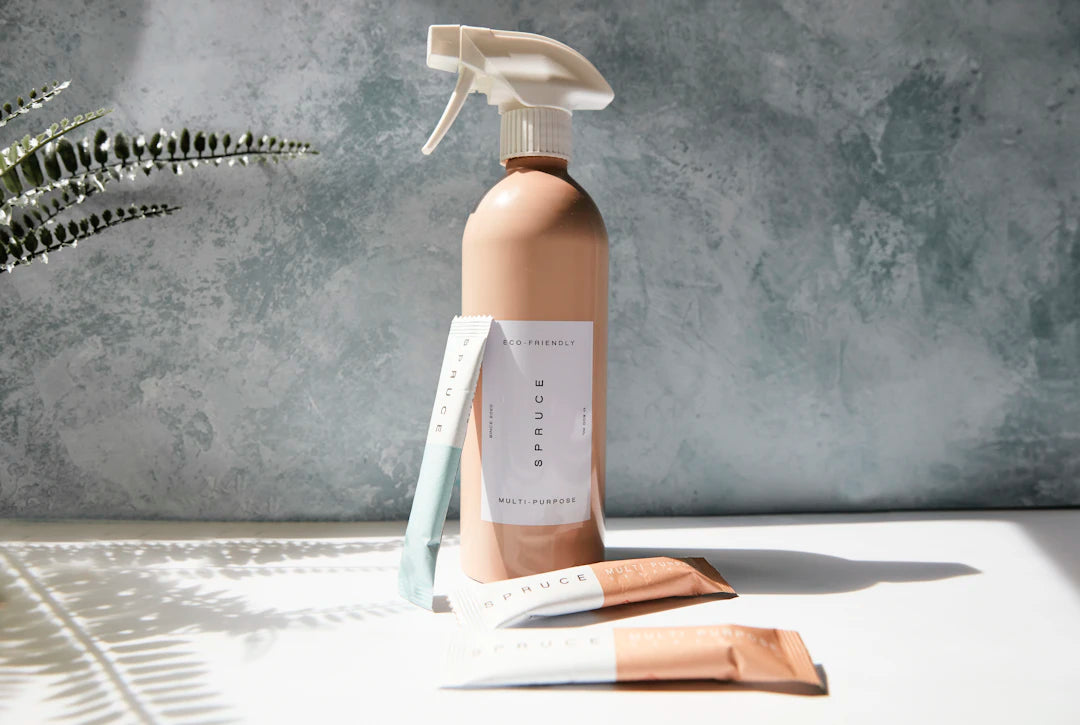The Stress-Skin Connection: Unlocking the Secrets to Radiant Skin

In today’s fast-paced world, stress has become an unwelcome companion for many. It impacts not only our mental health but also our physical appearance, particularly our skin. The intricate connection between stress and skin health is often overlooked, yet it is essential to understand how the two are intertwined. By recognizing this connection, we can improve our skincare routine and promote overall well-being.
The Science Behind Stress and Skin Health
To truly comprehend the relationship between stress and skin health, we must first explore the physiological effects of stress on our bodies. When we experience stress, the body releases various hormones, notably cortisol. High levels of cortisol can lead to a host of skin issues, including:
- Increased oil production
- Inflammation
- Delayed wound healing
- Flare-ups of skin conditions such as eczema and psoriasis
Delving deeper, we find that stress can also disrupt the skin’s barrier function. This barrier is essential for retaining moisture and protecting against environmental aggressors. When compromised, skin becomes dry, irritated, and more prone to aging. Additionally, chronic stress may lead to habits such as poor diet, lack of sleep, and neglecting a skincare routine, further exacerbating skin issues.
How Stress Manifests in Our Skin
Understanding the various ways stress can manifest in our skin helps to personalize a skincare routine that caters to these symptoms. Here are some common stress-induced skin conditions:
Acne and Breakouts
Many individuals find their skin breaking out more frequently during periods of heightened stress. The overproduction of oil triggers clogged pores, resulting in acne. While many turn to various skincare products in an attempt to manage breakouts, it’s essential to address the root cause: stress.
Dryness and Sensitivity
Stress can lead to dehydration and a compromised skin barrier, causing the skin to become dry and sensitive. This can result in redness, itching, and even peeling. Incorporating a moisturizing micro serum into your regimen can help restore hydration to the skin.
For those with pre-existing skin conditions like psoriasis or eczema, stress can trigger or worsen flare-ups. Since these conditions already involve inflammation, the additional stress can exacerbate symptoms, leading to discomfort and decreased self-esteem.
Building a Skincare Routine That Soothes
To combat the adverse effects of stress on the skin, it’s crucial to develop a skincare routine that promotes relaxation and rejuvenation. Here are some steps to consider when creating your regimen:
Focus on Hydration
Moisture is your best friend when tackling stress-induced skin issues. Look for products that contain hyaluronic acid and glycerin to help draw moisture to the skin. A nourishing micro serum can work wonders, providing concentrated hydration that penetrates deep into the skin.
Choose Calming Ingredients
Selecting skincare products that contain calming ingredients can help soothe irritated skin. Look for formulas infused with:
- Chamomile
- Aloe Vera
- Green tea
- Licorice root
These ingredients are well-known for their ability to reduce redness and inflammation while providing a cooling effect on the skin.
Incorporate a Gentle Cleanser
It’s essential to use a gentle cleanser that won’t strip the skin of its natural oils or further irritate it. An effective cleanser will remove impurities without disrupting the skin barrier, keeping your complexion healthy and balanced.
The Importance of Lifestyle Changes
While having the right skincare products is critical, addressing stressors in your lifestyle is equally important. Here are some lifestyle changes that will help keep stress at bay:
Manage Stress Through Mindfulness
Incorporating mindfulness practices into your daily routine can help reduce stress levels. Meditation, yoga, or simple deep breathing exercises can provide instant relief and promote a sense of calm. This, in turn, benefits your skin by reducing the hormonal spikes that cause breakouts and other skin issues.
Prioritize Sleep
A good night’s sleep plays a vital role in skin health. During sleep, the body undergoes repair processes that are crucial for rejuvenating the skin. Aim for 7-9 hours of sleep each night, and consider developing a relaxing nighttime routine that includes skincare rituals that prepare your skin for rest.
Eating a Balanced Diet
Fueling your body with the right nutrients can have a profound impact on your skin. Incorporate plenty of fruits, vegetables, whole grains, and healthy fats into your diet. Omega-3 fatty acids, found in foods like salmon, walnuts, and flaxseeds, can help combat inflammation, leading to happier, healthier skin.
The Role of Professional Treatments
If you’re experiencing persistent skin issues that you believe are stress-related, consider consulting a dermatologist or skincare professional. They can recommend targeted treatments or even advanced procedures that can help restore your skin's health and appearance.
Facials and Peels
Professional treatments such as facials or chemical peels can provide a refreshing break for your skin. These treatments can deeply cleanse, exfoliate, and hydrate the skin, increasing your glow while providing some much-needed relaxation.
Stress-Relief Therapies
Consider integrating stress-relief therapies such as massages or acupuncture into your wellness routine. These therapies not only help to relieve physical tension but also promote a sense of tranquility, allowing your skin to thrive.
Home Remedies for Stress-Related Skin Issues
In addition to professional treatments, there are several home remedies that can help manage stress-related skin issues:
Oatmeal Baths
Soaking in an oatmeal bath can relieve dry and irritated skin. Oatmeal has anti-inflammatory properties that can soothe discomfort and provide a sense of calm.
Green Tea Compresses
Using cool green tea bags as a compress can help reduce puffiness and redness. Simply steep the tea bags in hot water, let them cool, then apply to the affected areas of the skin.
Essential Oils
Certain essential oils, like lavender and chamomile, are known for their calming properties. Dilute essential oils with a carrier oil and apply them to the skin for some added relaxing benefits.
Embrace the Journey to Better Skin
The connection between stress and skin health is undeniable. Understanding this relationship allows for a proactive approach to skincare—one that incorporates hydration, mindfulness, and overall lifestyle changes. Prioritize your well-being, both mentally and physically, to cultivate skin that radiates beauty, resilience, and health. Remember, the journey to healthy skin takes time, patience, and a touch of self-love. Embrace this path wholeheartedly, and your skin will surely thank you.


